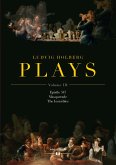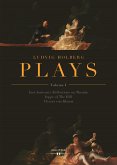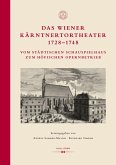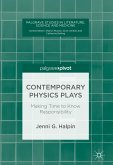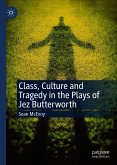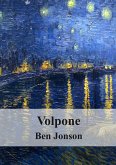Ludvig Holberg (1684-1754) is to Danish theatre what Shakespeare, Molière and Strindberg are to their national stages - and the world stage. During his lifetime, Holberg was a major figure in European literature and thought. In the Nordic region, his work forms the backdrop to writers such as Søren Kierkegaard, Hans Christian Andersen, Henrik Ibsen and Karen Blixen. This second volume in a series of ne w translations presents two of Holberg's witty plays about playing roles, in life and in the theatre, and his satire about the man-made setting in which the roles live: his 'feminist' defence of women's equal right to education and employment. With introductions and brief notes.
Dieser Download kann aus rechtlichen Gründen nur mit Rechnungsadresse in A, B, BG, CY, CZ, D, DK, EW, E, FIN, F, GR, H, IRL, I, LT, L, LR, M, NL, PL, P, R, S, SLO, SK ausgeliefert werden.



